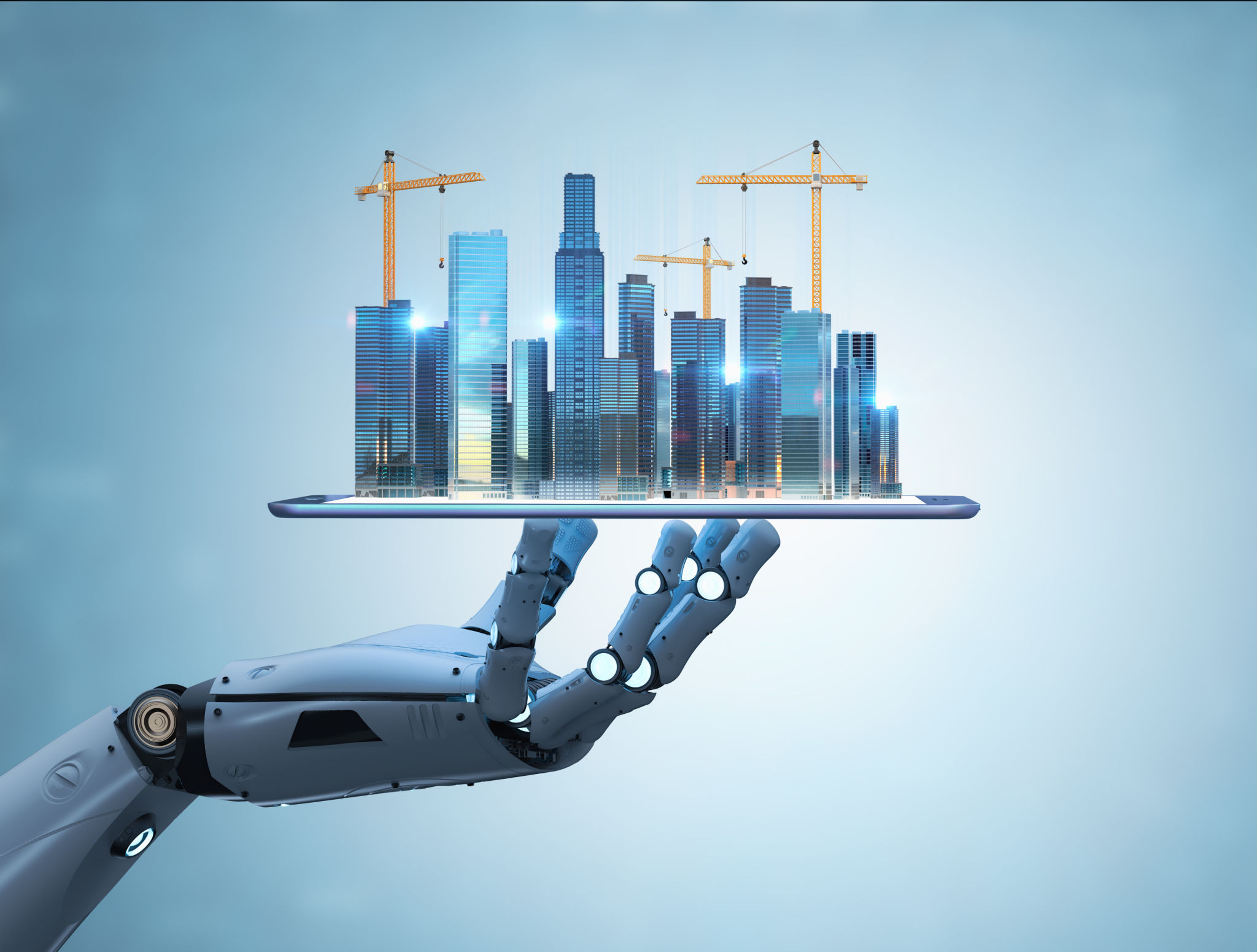Case Study: Successful Business Growth for Sacramento Contractors Using AI
Introduction to AI in the Construction Industry
In recent years, the construction industry has seen a significant shift with the introduction of artificial intelligence (AI). This technological advancement is particularly noteworthy among contractors in Sacramento, where AI has been instrumental in driving business growth. By leveraging AI, these contractors have enhanced productivity, improved project management, and optimized resource allocation.
The integration of AI into construction processes may initially seem daunting. However, the benefits far outweigh the challenges. In this case study, we will explore how Sacramento contractors have successfully harnessed AI to transform their operations and achieve remarkable growth.

Enhancing Efficiency with AI Tools
One of the primary ways AI has aided Sacramento contractors is by improving efficiency. AI-powered tools streamline various aspects of construction projects, from design to execution. For instance, intelligent design software can automatically generate building models, reducing the time architects and engineers spend on manual drafting.
Furthermore, AI algorithms can analyze large data sets to predict potential project delays and suggest proactive measures. This predictive capability allows contractors to make data-driven decisions, minimizing downtime and enhancing overall project efficiency.
Case Example: Predictive Maintenance
A Sacramento-based contractor successfully implemented predictive maintenance for their machinery using AI. By analyzing real-time data from equipment sensors, they could foresee mechanical issues before they occurred. This proactive approach significantly reduced equipment downtime, saving both time and money.

Improving Safety Standards
Safety is a paramount concern in construction, and AI has proven to be a valuable ally in this regard. By employing AI-driven safety monitoring systems, contractors are able to identify potential hazards on-site and take corrective actions swiftly. These systems use computer vision to monitor safety compliance in real-time.
Moreover, AI can analyze historical safety data to identify patterns that may indicate future risks. This analysis helps contractors implement more effective safety protocols, ultimately protecting workers and reducing accidents on-site.
Case Example: Real-Time Safety Alerts
A local contractor utilized AI-powered safety alerts to monitor their construction sites. The system provided instant notifications when unsafe conditions were detected, allowing for immediate intervention. This proactive approach not only improved worker safety but also enhanced the company’s reputation as a responsible employer.

Optimizing Resource Allocation
Another significant advantage of using AI in construction is the optimization of resource allocation. AI can efficiently allocate labor and materials by analyzing project requirements and available resources. This ensures that projects are completed on time and within budget.
Contractors in Sacramento have reported substantial improvements in their ability to manage resources efficiently. By reducing waste and optimizing labor utilization, they have seen increased profitability and client satisfaction.
Case Example: Dynamic Scheduling
A prominent contractor in Sacramento adopted AI-driven dynamic scheduling to better manage their workforce. The system analyzed project timelines and workforce availability to create optimal schedules. This not only reduced labor costs but also improved project delivery timelines.
Conclusion
The adoption of AI by Sacramento contractors serves as a compelling example of how technology can drive business growth. Through improved efficiency, enhanced safety, and optimized resource allocation, these businesses have set a new standard in the construction industry.
As AI technology continues to evolve, its potential applications in construction will only expand. Contractors who embrace these advancements early are likely to maintain a competitive edge, ensuring sustained growth and success in the ever-evolving market landscape.
